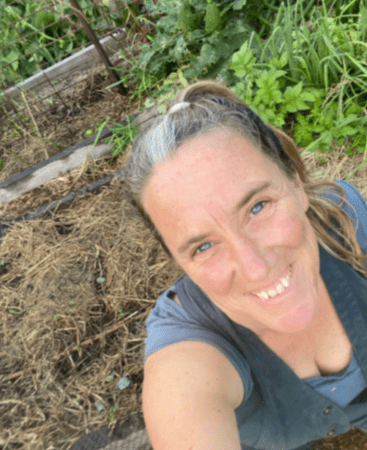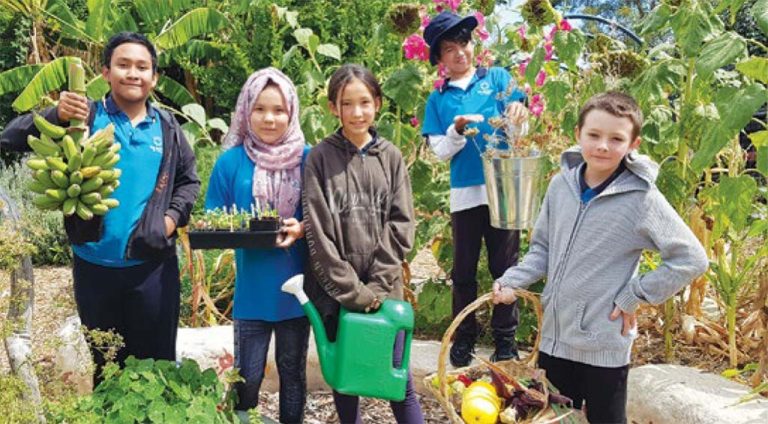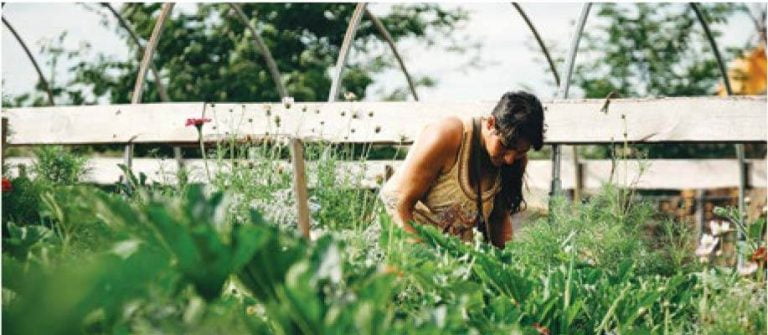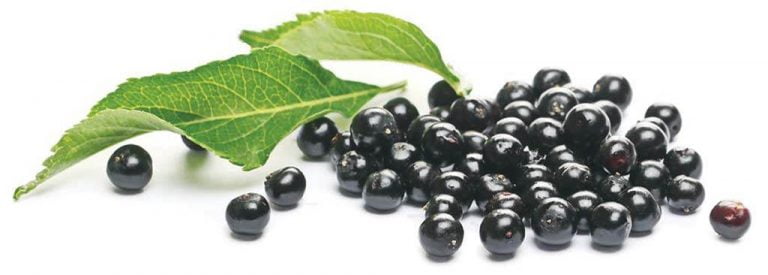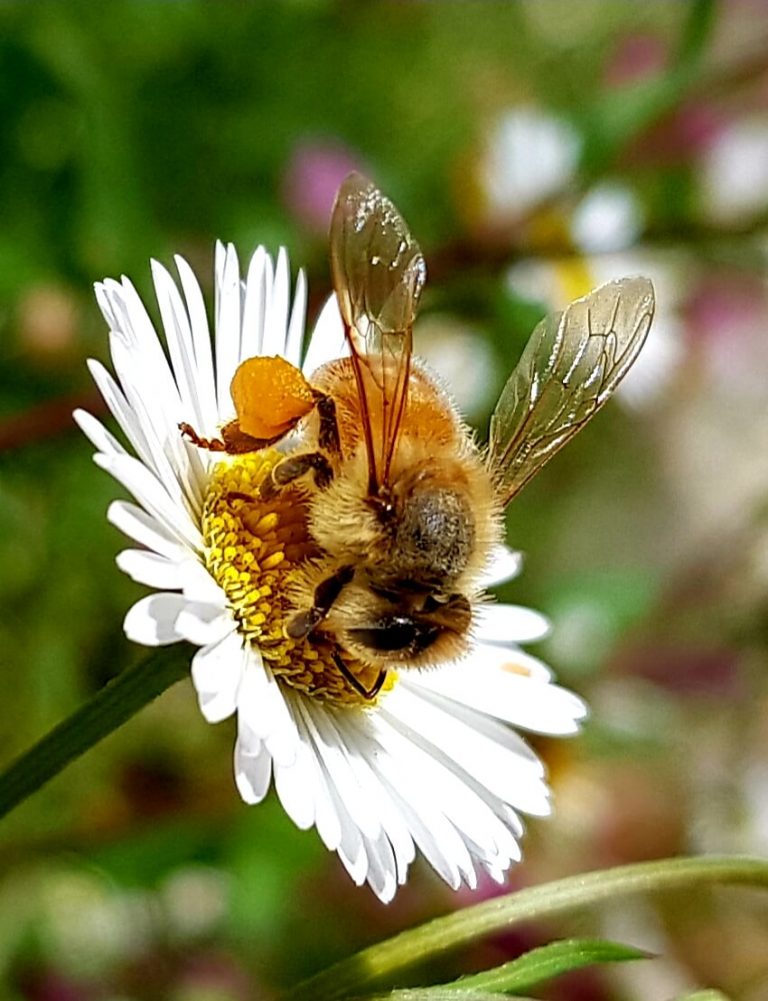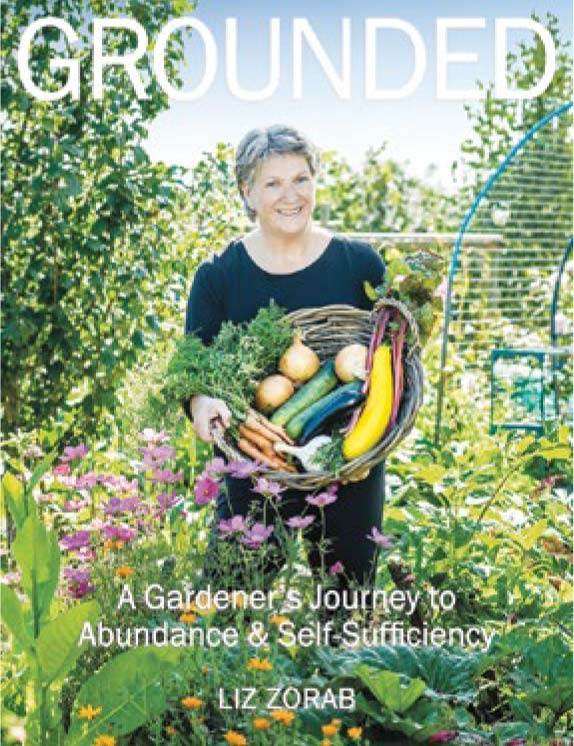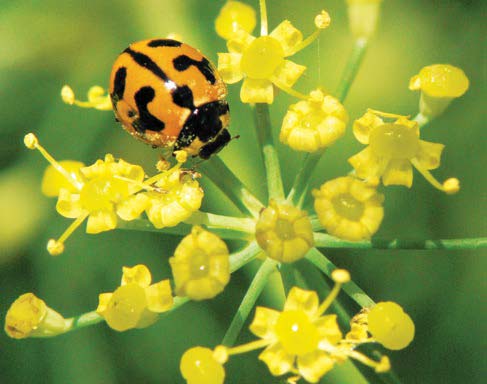Beetroot
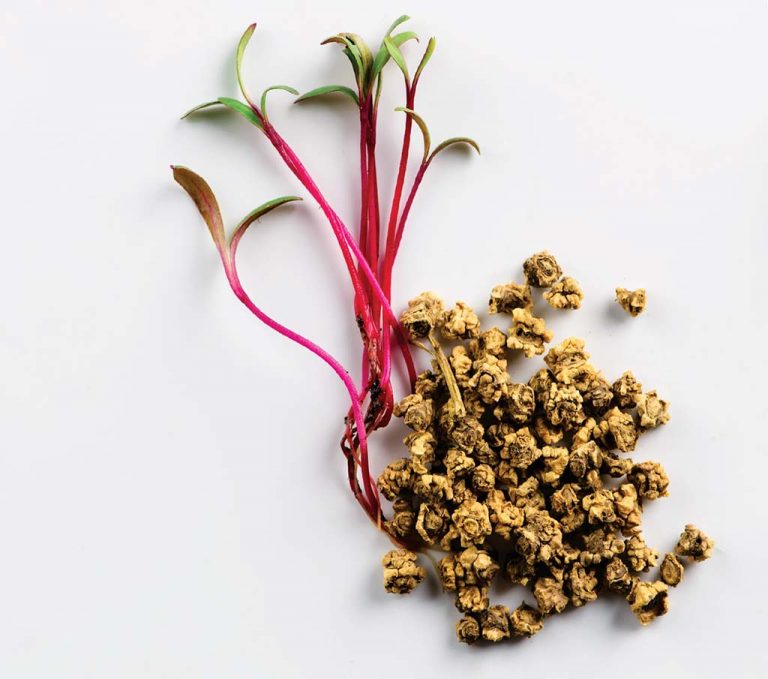
Beta vulgaris – beta is the name ancient Romans gave to the beet, while vulgaris means common.
Origin
Wild beets are native to northern Africa and the coast of Spain and Portugal. They were introduced to northern Europe by the Romans who fed them to both their troops and horses. Beets adapted very well to cold, northern winters and from them sugar beet and the round red beet were developed. Collections of the wild relatives of beetroot are being made in Sicily and Calabria for large-scale gene banks.

